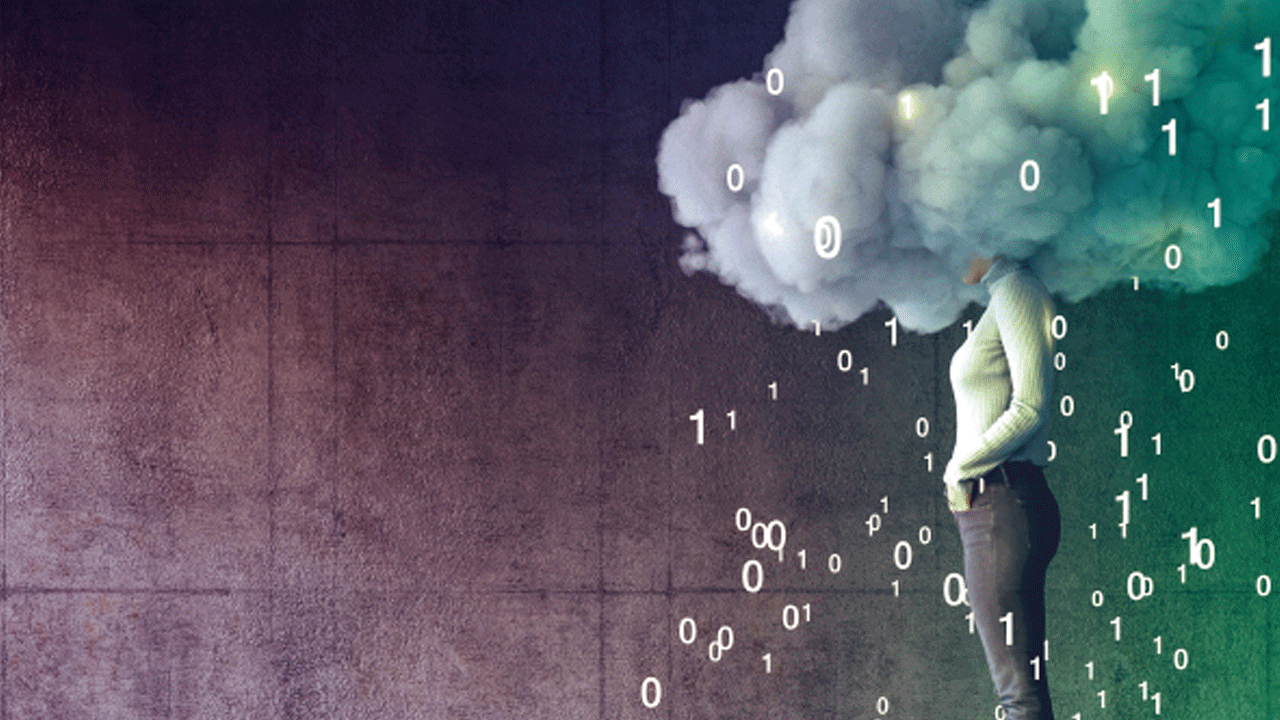Navigating the ‘too much information’ Age 2020
 As the Information Age, which started with the advent of personal computing, has progressed, so have research and insights. Over all those years that we have been in business, we have seen many trends and many fads in how clients use data and what methodologies are hot or not. What we see is that we have, by no means, reached the nexus of the Information Age – we hear from clients and suppliers that there is no shortage of new information to mine.
As the Information Age, which started with the advent of personal computing, has progressed, so have research and insights. Over all those years that we have been in business, we have seen many trends and many fads in how clients use data and what methodologies are hot or not. What we see is that we have, by no means, reached the nexus of the Information Age – we hear from clients and suppliers that there is no shortage of new information to mine.
The problem is that the ‘Information Age’ is turning into the ‘Too Much Information Age’. You would be hard-pressed to find a department in any organisation that doesn’t deal with data of some kind. If everyone has access to data and can lay claim to creating some useful finding, what is insight?
We see many clients grappling with these questions, and we see early signs of an important shift: a digital-first approach, with more triangulation of data sets.
For those at the forefront of insights, this leads to a desire to know not just more but to be able to effectively judge what is important. It is like a box of chocolates – there’s a lot of great stuff in there, but if you don’t have the map of what’s what, then you can end up just blindly tasting them until you find the kind that suits you.
Digital resources like social and search are fantastic places to start with landscaping an issue or a category. We have worked on many projects over the past year that have started with a digital fact-finding mission that can change the shape of future work. For example, this comprehensive view of social media impacting the US retail grocery landscape. We explored the landscape using advanced text analytics to depict what is trending in key categories and determine prevalent associations of client and competitor brands. This sets the stage for other work we are doing to understand trends, brand attributes and effective communications in this space.


